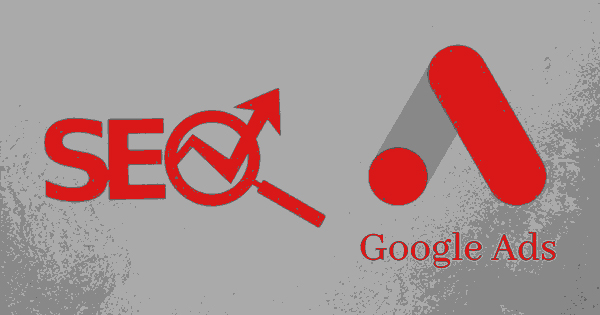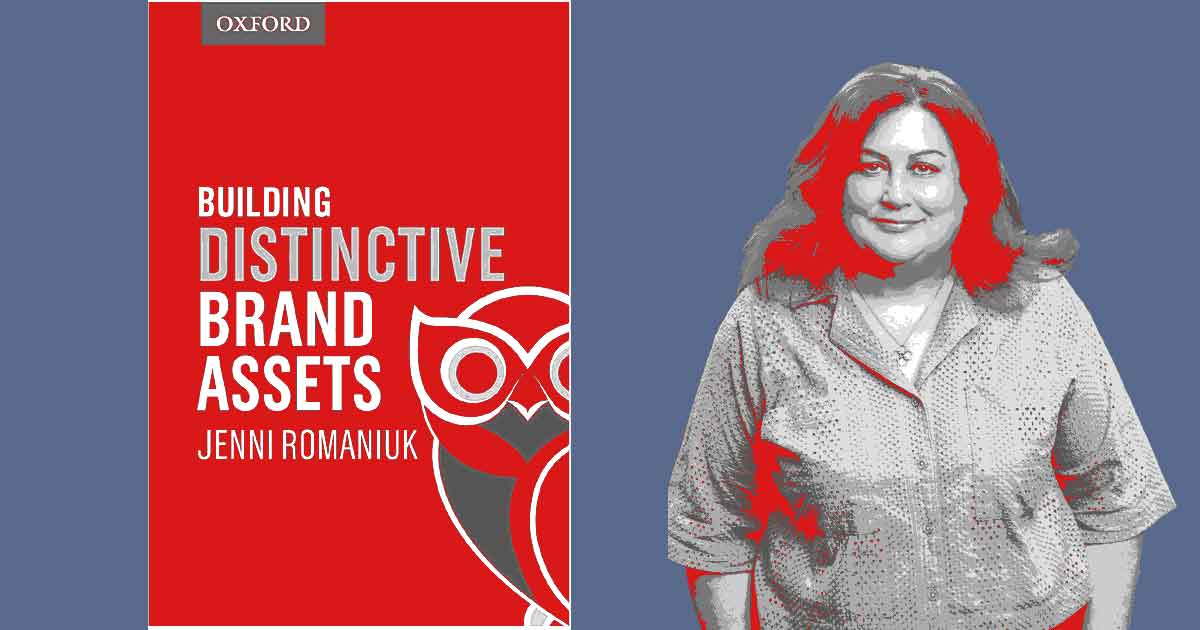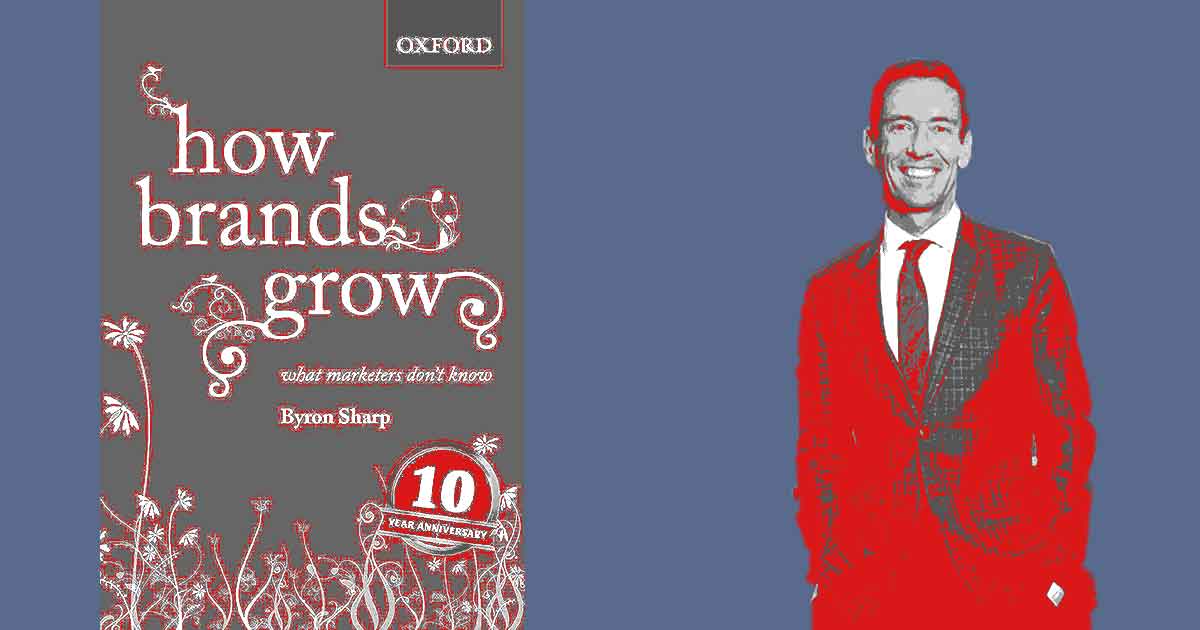
SEO vs. Google Ads: Which Is Right for Your Singapore SME?
If you’re a business owner in Singapore trying to grow your online presence, chances are you’ve heard the buzz around SEO and Google Ads. But how do you know which is right for your SME — or whether you need both?
In this guide, we’ll break down the pros and cons of each, and help you decide which approach (or combination) is best for your goals, budget, and stage of growth.
What’s the Difference Between SEO and Google Ads?
Let’s start with the basics.
-
SEO (Search Engine Optimisation) is the process of improving your website to rank higher in organic (unpaid) search engine results. It focuses on optimising content, improving site structure, earning backlinks, and more.
-
Google Ads is a paid advertising platform that allows you to bid for placement at the top of Google search results or across the Google Display Network.
Both help you appear in front of people actively searching — but they operate very differently.
When SEO Makes More Sense for Your SME
SEO is a long-term game — but one worth playing if:
-
You want sustainable traffic growth. Organic rankings compound over time and don’t disappear when your ad budget runs out.
-
You want to build authority. Ranking well signals trust and credibility, especially for info-seeking audiences.
-
Your product or service has a long buying journey. SEO helps you stay visible throughout the research phase.
-
You have time to invest. SEO takes 3–6 months (at least) to show significant results — and requires ongoing effort.
👀 Real-world example: A local physiotherapy clinic in Singapore invested in SEO and now ranks top for “sports injury rehab Singapore,” driving consistent leads without relying on ads.
When Google Ads Is the Smarter Move
Google Ads can deliver immediate results. It’s a powerful tool if:
-
You need quick wins. New website? Launching a new product? Google Ads puts you at the top fast.
-
You have a time-sensitive campaign. Sales, promos, or seasonal offers are ideal use cases.
-
You want to test messaging. Ads let you quickly see what headlines, offers, or benefits resonate before committing to long-term SEO content.
-
You’re in a highly competitive space. Sometimes it’s worth paying to leapfrog the competition while your SEO builds up.
📈 Real-world example: A Singapore law firm used Google Ads to target “divorce lawyer Singapore” — winning high-intent leads within days of launch.
The Case for Using Both
In reality, most SMEs benefit from a hybrid strategy:
-
Use Google Ads for short-term visibility and lead generation.
-
Use SEO to build long-term authority and reduce cost per lead over time.
-
Combine insights from both to refine your website, offers, and messaging.
When done right, SEO and Google Ads aren’t competitors — they’re partners.
How to Choose Based on Your Stage of Growth
| Business Stage | Best Approach |
|---|---|
| Just launched | Google Ads (for visibility) + SEO setup (foundation) |
| Early growth | SEO (build authority) + Retargeting Ads |
| Established | Both SEO and Ads |
| Scaling up | Use Ads for competitive terms, SEO for thought leadership |
What’s Best for Singapore-Based Businesses?
In a city as competitive and digitally savvy as Singapore, your customers are searching — often comparing multiple providers before making a choice.
-
SEO helps you show up consistently, especially for informational and local intent queries (e.g., “best dentist near Tanjong Pagar”).
-
Google Ads puts you at the top instantly — essential in high-value verticals like law, wellness, or financial services.
If budget allows, start with both. If not, ask: Do I need leads now, or am I building for the long term?
Need Help Deciding?
At Your Marketing Rules, we help SMEs in Singapore grow with clear strategy — not guesswork.
If you’re unsure what mix of SEO and Google Ads will give you the best return, book a free website and marketing audit. We’ll analyse your site, your market, and your opportunities — and give you honest recommendations you can act on.
🎯 Ready to make growth more predictable?
Latest articles
January 6, 2026
January 6, 2026
January 6, 2026
Written by : Mark Rowland
Mark's been working in and interested in all things marketing since 2010.












